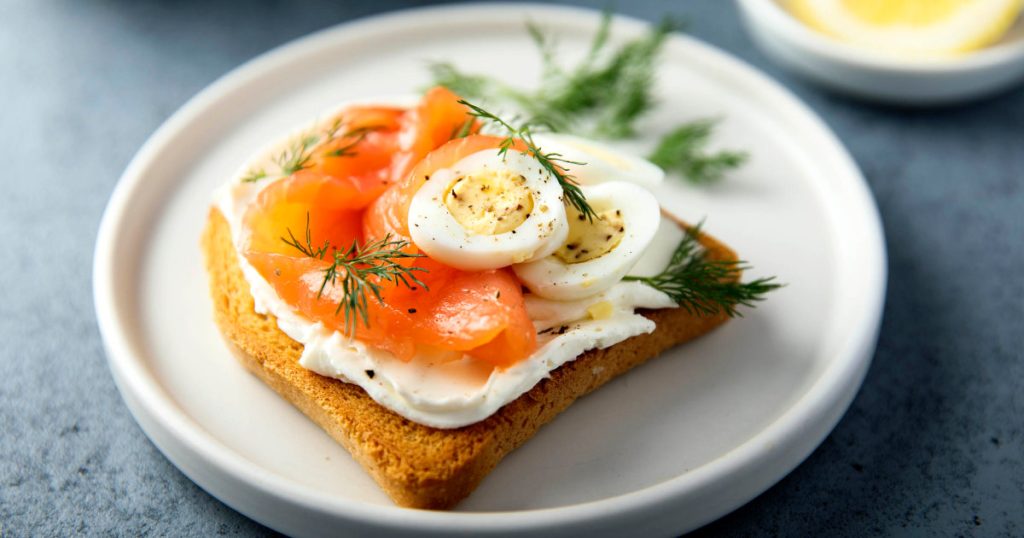Biotin, also known as vitamin B7, is a water-soluble vitamin that is naturally present in some foods and available in supplements. It is important for metabolizing food and carries out many bodily functions. Often promoted for healthier skin, hair, and nails, it is recommended to get biotin from a healthy, balanced diet rich in biotin-containing foods. Experts suggest that adults need 30 micrograms of biotin daily, with pregnant and breastfeeding individuals requiring slightly more. Biotin deficiencies are rare, but certain groups such as people with biotinidase deficiency, chronic alcohol exposure, pregnant or breastfeeding individuals are more at risk.
To ensure adequate biotin intake, it is best to focus on consuming biotin-rich foods. Foods such as beef liver, eggs, salmon, pork chops, sunflower seeds, sweet potatoes, almonds, tuna, spinach, broccoli, and dairy products are natural sources of biotin. Maintaining a well-rounded, nutritious diet that includes these foods can help meet daily biotin requirements, along with providing other essential nutrients for skin, hair, and nail health. Research indicates that people in Western populations typically consume enough biotin through their diet, ranging from 35-70 mcg/day.
While biotin supplements are available and may be necessary for individuals with a true biotin deficiency, most people do not require supplementation. Excessive biotin intake, from supplements or fortified products, can interfere with lab values in detecting thyroid hormones and vitamin D. This interference can lead to misdiagnoses and inappropriate treatments. Additionally, biotin can interact with certain medications, such as anti-convulsants used to treat epilepsy. Claims supporting the use of biotin supplements for skin or hair health are based on limited studies, and excessive biotin intake will simply be flushed out of the body.
Overall, maintaining a healthy diet rich in biotin-containing foods is crucial for meeting daily biotin requirements and supporting overall health. While biotin deficiencies are rare, certain individuals may benefit from supplementation under the guidance of a healthcare provider. However, for the general population, excessive biotin intake from supplements is unnecessary and may interfere with accurate lab results or interact with certain medications. It is recommended to focus on consuming a well-balanced diet to ensure adequate biotin intake and support skin, hair, and nail health through natural sources of this essential vitamin.


